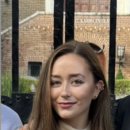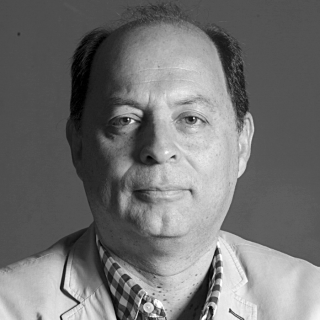
Regional Challenges for Colombia’s New President | OP-ED
MORE IN THIS SECTION
The inauguration ceremony of Gustavo Petro, Colombia’s first leftist president, took place on August 7th in downtown Bogota, under the usual protocols. But in an unprecedented event, it was accompanied by a popular party in the surrounding area and several towns. It was a clear dose of what will be the tone of the new Government.
Petro will face several challenges that will represent a turning point in Colombia’s domestic and foreign policy. First, implementing the peace agreement with the extinct Revolutionary Armed Forces of Colombia (FARC), signed in 2016. The right-wing outgoing government of Iván Duque (2018-2022) put the brakes on it and abandoned to their fate millions of Colombians besieged by the violence of armed groups that took the place of what was the oldest guerrilla group in the continent. Nor did it implement policies to bring the rural sector out of backlog and poverty.
Added to this is the search for peace with other groups and the challenge of improving the living conditions of at least 22 million Colombians (44 % of the population) living in poverty and extreme poverty.
As a backdrop, there is also the international policy, which will have three central aspects. One, a multilateral strategy, opposed to that of the Duque government. It will imply a relationship with all countries, putting respect for sovereignty and self-determination first. It implies, and Petro has already announced it, the reestablishment of diplomatic and commercial relations with Venezuela, Colombia’s historical and natural partner, which reached the worst degree of deterioration during the outgoing government. The rupture with Nicolás Maduro implied an unprecedented economic crisis on the Colombian side of the border. Venezuela was Colombia’s second largest trading partner after the United States, a status it hopes to regain.
The second key issue connects to bilateral relations with the United States, which are 200 years old and were seriously injured by the support for Donald Trump’s presidential candidacy by the Democratic Center, former ruling party in Colombia. Now, Petro’s government will have Luis Gilberto Murillo, an Afro-Colombian leader with excellent relations in the United States, as its ambassador in Washington.
RELATED CONTENT
Murillo’s tasks include improving relations, promoting the evaluation of the bilateral Free Trade Agreement, making fundamental changes to counter-narcotics policy and U.S. support to the implementation of the peace agreement and negotiations to deactivate other illegal armed groups. In addition, having Washington at the forefront of the vision to address the effects of climate change, with actions like the promotion of energy transition and the effective protection of natural resources.
The third has to do with the integration of Latin America based on an axis of allies, headed by Mexico, Honduras, Colombia, Chile, Cuba, Bolivia, Argentina and Brazil (if Lula wins the elections). This would give life to a regional bloc that speaks to the world about the needs of its population, but also assumes leadership on environmental issues and the search for peace.
The tasks are on the table, and for the United States it would be an opportunity to strengthen its ties with one of its most strategic allies in the region. The paradox is that it will be with a leftist government, unthinkable in other times.







LEAVE A COMMENT:
Join the discussion! Leave a comment.